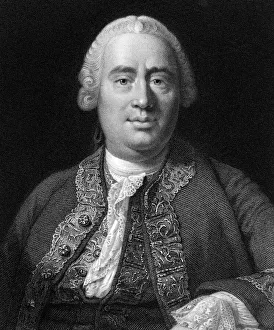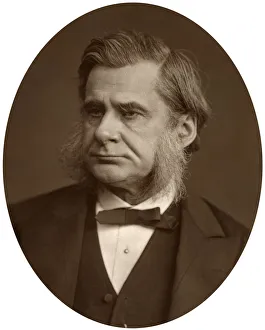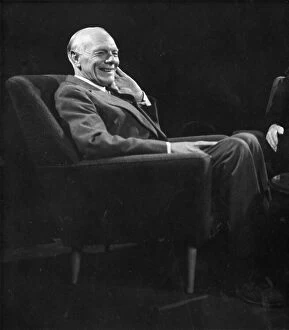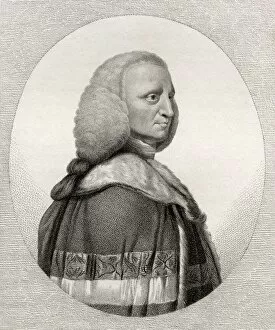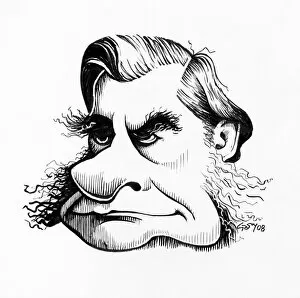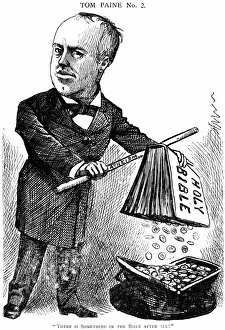Agnostic Collection
Agnostic: Exploring the Boundaries of Belief David Hume, the renowned Scottish philosopher, once pondered the mysteries of existence
All Professionally Made to Order for Quick Shipping
Agnostic: Exploring the Boundaries of Belief David Hume, the renowned Scottish philosopher, once pondered the mysteries of existence. Malcolm Muggeridge, an English journalist and broadcaster, sought truth in a world filled with uncertainty. These individuals were among a group of influential thinkers who embraced agnosticism as their guiding principle. Robert Ingersoll, an enigmatic figure from the late 19th century, challenged traditional religious beliefs through his thought-provoking lectures. His words echoed across lecture halls as he questioned dogma and encouraged critical thinking. Professor Thomas Henry Huxley, known as "Darwin's Bulldog, " was not only an eminent biologist but also a staunch agnostic. With his sharp intellect and scientific approach to life's questions, Huxley played a pivotal role in shaping modern skepticism. Lord George Lyttleton (Littleton), an English politician from the 18th century, defied societal norms by openly embracing agnosticism. His engraved image serves as a reminder that even those in positions of power can question established beliefs. Thomas Henry Huxley's caricature captures both his wit and dedication to challenging religious orthodoxy. As an educator and advocate for science-based knowledge, he fearlessly championed reason over blind faith. In this diverse array of historical figures lies one common thread – their unwavering commitment to intellectual honesty. Agnostics like Robert Green Ingersoll dared to explore uncharted territories where belief meets doubt. These pioneers remind us that it is okay not to have all the answers; instead, they encourage us to embrace curiosity and seek understanding beyond conventional wisdom. Agnosticism invites us into a realm where questioning is celebrated rather than shunned – where doubt becomes our compass on the journey towards enlightenment. So let us remember these trailblazers who challenged societal norms and paved the way for open-mindedness.

